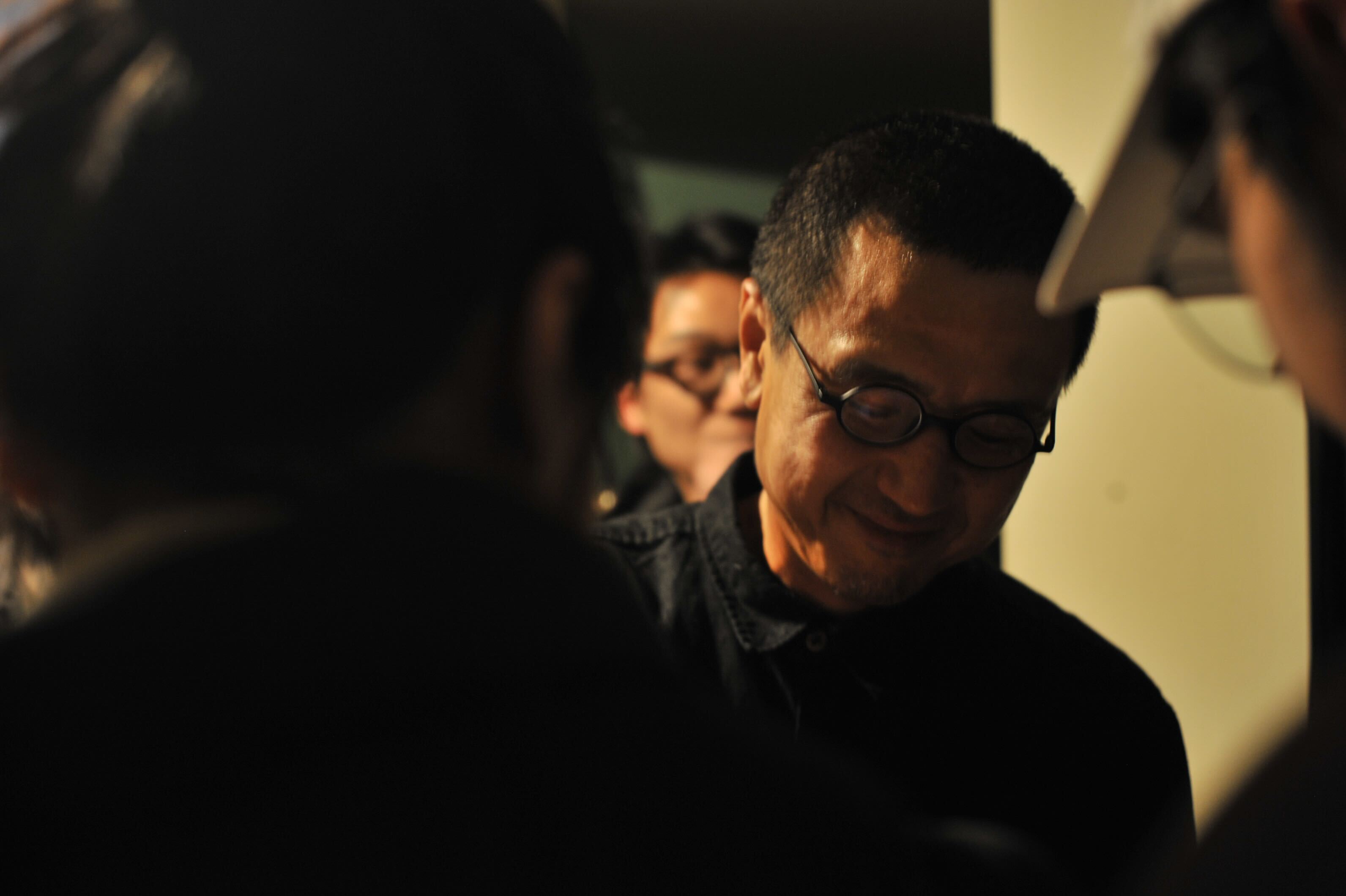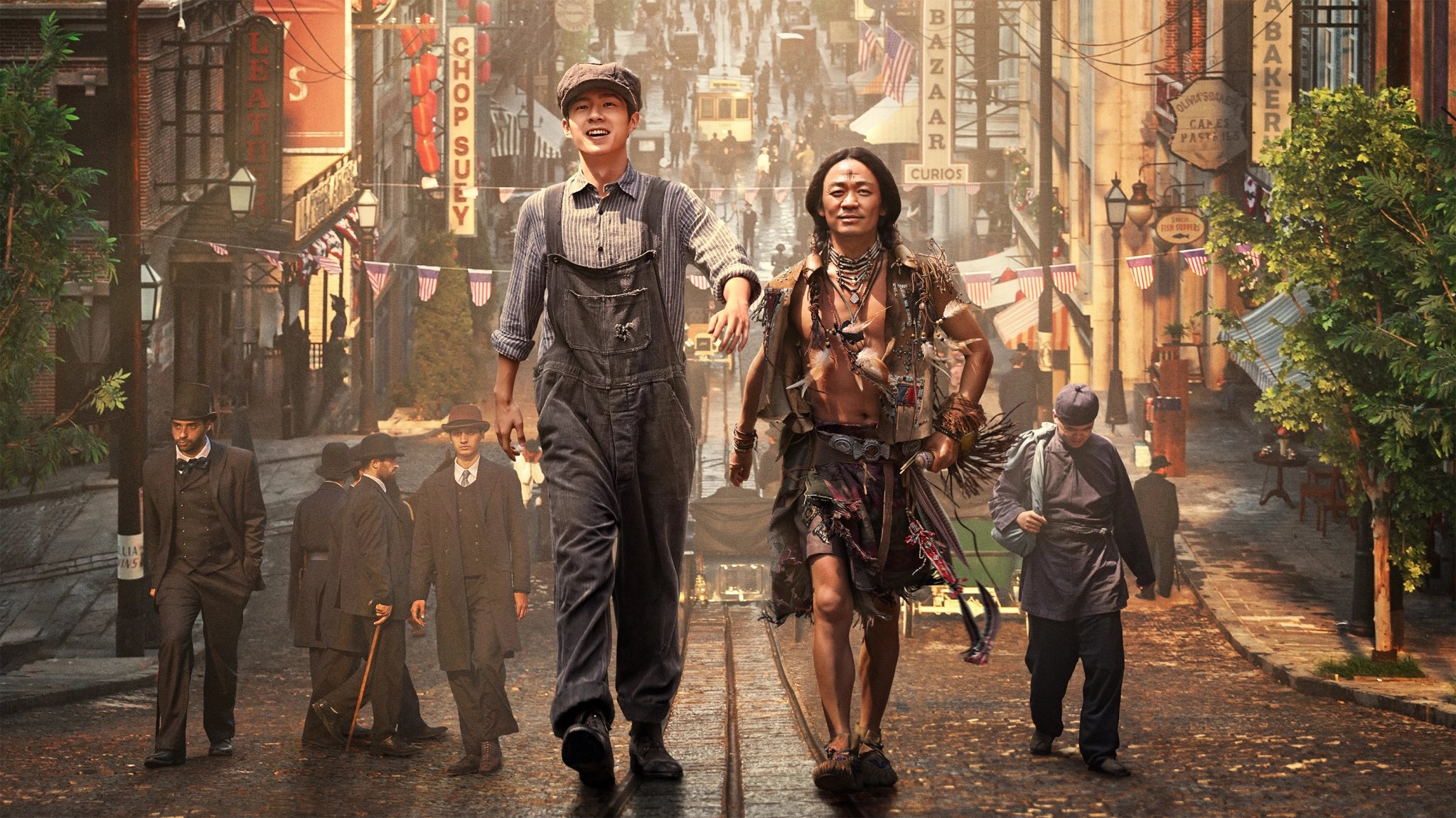Tracing one’s Chinese ancestry can be a daunting task, particularly in the 21st century, as ancestral villages are lost to China’s urban expansion, and family histories are obscured by the passing of time.
Paradoxically, however, the internet age provides ancestral sleuths with unprecedented resources at their fingertips, from digitized burial records to government migration data, and, perhaps most importantly, a community of like-minded individuals dedicated to the search.
Confronting these contradictory circumstances, My China Roots (MCR) staffer Chrislyn Choo saw an opportunity in an unconventional place — the burgeoning social media platform Discord.
For the uninitiated, MCR is a company that offers a variety of Chinese roots-tracing services — think ancestral field research in China, roots trips to China, an extensive online database to find records related to your family history, and more. But unlike the services offered by the company, access to its Discord server and its community is entirely free of charge.
What began as an idea less than a year ago has evolved into a dynamic and ever-growing online community of over 1,200 strong. Today, the MCR Discord server is defined not only by its roots-tracing mission but also by the friendships, teamwork, and shared desire for cultural connection among its members from every corner of the global Chinese diaspora.
Choo, who was born in New Jersey to Chinese Malaysian parents, initially got involved with MCR while on her own journey of self-discovery. Now a community builder and content creator with the company, she started the MCR server in late-August 2021, when in-person research became limited by pandemic restrictions.
“Until that point, most of MCR’s traditional clientele were from the older generation,” says Choo. “Folks who are retired, have money, have time to start thinking about their legacy and the past.”
“And we’re like, well, what about all the young people? A lot of them can’t afford MCR’s services on their own… but that curiosity is there. There’s that hunger and desire, and although there’s a lack of resources and language proficiency, if you have that burning question, that’s really all you need to keep going.”

A community meet-and-greet on MCR’s Discord server
To better get to know the community, RADII, with the help of Choo, conducted an interview in distinctly Discordian fashion — more than a dozen community members signed on to MCR’s ‘Story Corner’ voice channel for a free-flowing discussion on anything and everything related to the roots-tracing journey and the community around it.
Each member brings their unique story and skills to the server, and all were quick to praise Choo, the “community mama,” for her work on the platform.
“My family has been in the U.S. for a very, very long time. I am sixth-generation American Chinese,” says Kathryn, the first to share her story. She says that while there was some oral history in the family, most of her ancestry remained a mystery.
With an educational background in history and archeology, Kathryn decided to tackle some of the research herself. However, she soon discovered that most information and resources available in the U.S. were oriented towards people with European backgrounds.
“I just kind of resigned myself to like, well, that’s just the way it is, and I’ll just have to figure this stuff out on my own,” she says.
But when she discovered MCR on Discord, it opened up a new world of possibilities.
“I realized there are a lot of people around the world who are on a similar journey to me, who are working with the same kind of resources but maybe had even more knowledge than I did,” she says.
“It was like a big door opening, and it was really exciting for me. I’ve been involved ever since.”
A New Way to Network
When new members join the server, they are guided through a series of queries that identify their cultural interests and how they relate to their roots, prompts like “What tastes like ‘home’ to you?” and “Where do you have Chinese ancestry?”
While the community is, essentially, dedicated to roots-tracing, it offers space for everything: from sharing family photos and recipes to language-learning, storytelling, exploring China-related content, and playing games.
Members can also select roles to connect with kindred spirits and assist fellow researchers. There are ancestral detectives, genealogy gurus, Chinese translators, history buffs, family archivists, artists, and more.
“It’s like ‘a rising tide lifts all ships.’ Bottom-up, not top-down. One of the pillars that this community is built on is the fact that every single person who comes here has something to bring to the table,” says Choo.
“Not all people are going to find what they are looking for. Records have been lost to time, villages have been destroyed because of all the urban development in China. But your capacity for belonging and feeling connected is not limited or tied by that,” she adds. “I firmly believe that, ultimately, it’s about finding a family to journey with you and finding people who are asking the same questions as you.”
In addition to the heaps of gratitude directed towards Choo, another member has repeatedly been mentioned on the server: LycheeKoala (who has requested to go by an alias), the “resident expert based in Singapore,” as one member described him.
Constantly vigilant, LycheeKoala is ready to travel to the Singaporean archives, often at a moment’s notice, to find information for the group. In one case, he was able to find a photo of someone’s relative in an archived yearbook by flipping through every page.
“It’s very inspiring to be there to hear their stories or help them out in their journey […] The community has also given me a platform to share my excitement in my new discoveries and theories about my family history,” LycheeKoala tells RADII.
“I think the most important part is to reclaim the memories and stories of the older generations before they disappear.”
Strength in Numbers
Some members are the only ones in their family who are interested in learning about their family history. Many grew up in communities with minimal cultural connection, and oftentimes a particular event sparked their motivation to dive into the past.
Matthew, a first-generation Chinese American from Maryland, was inspired to explore his roots at a time when his grandfather was in poor health.
“Nobody had written anything about my grandfather — or anyone in my family, for that matter — and that really broke my heart,” he says.
He began by creating a family tree, focusing on immediate relatives. But in short order, his research and recollections of family lore branched into a world of discoveries.
“These stories were fascinating. They were timeless, and they could certainly be a lesson for future generations … My great grandfather was an English teacher who wrote an English textbook that is actually supposed to come in the mail soon,” he says.
“Despite how far away they were in terms of time, [our ancestors] were very similar to us in many ways, because I one day aspire to become an English teacher and to write a book … All those interesting discoveries really warmed my heart.”
“Full circle” is a term that came up often in our chat, and indeed, some of the discoveries are nothing short of remarkable.
Wishing to remain anonymous, one member learned of an ancestor who had landed on death row for attempting to bomb a Qing Dynasty building. He was later set free amid the revolution and joined a warlord military faction.
“This resonates with my own life in a certain way, doing a few things that I regretted and getting off pretty easy,” he says. “History repeats itself, and it’s just a haunting — but also a beautiful — thing.”
Joining the chat from Costa Rica, Pri was motivated to explore her ancestry after the loss of her grandfather.
“I started learning Chinese,” says Pri. “I have two kids, and I’m married, so I’m getting those traditions back in my family.”
More than half a decade into her search, learning about her history proved to be a challenge. As with many on the platform, discovering the MCR community was a blessing.
As a multiracial woman who doesn’t look particularly Chinese, she faced skepticism and a lack of cooperation from Chinese organizations in her home country. But within a week of joining the MCR community, she returned to her mother’s hometown and visited a Chinese cemetery, where she uncovered a great deal more about her Cantonese great-grandfather than she had ever managed to find on her own.
“They’ve been very welcoming and helpful in ways for me to find new information and motivate me to not give up, even though it’s really hard,” she says. “They pay attention not only to the process but also to how I am feeling. I feel very supported.”
Like Pri, many members start with questions but later take on the role of aiding others in their search.
Jeremy, a fifth-generation immigrant to the U.S. who grew up in suburban New Jersey, began genealogy research six years ago after his grandparents had some physical accidents.
“That really spurred me to start asking questions and diving into this family history research, so I can learn more about my family, my own culture, and feel more connected,” says Jeremy.
Like many others, Jeremy was able to visit his ancestral village in China in 2018.
“I’ve been part of this community ever since,” he says. “I’m so glad it exists […] I’ve been able to share my expertise and also learn from all the other wonderful and knowledgeable members.”

A Q&A session with Far East Deep South’s Larissa Lam and Baldwin Chiu on MRC’s Discord server
While the server certainly skews younger than most of MCR’s clientele, Jeremy introduced his now 102-year-old grandfather to Discord to share stories from his autobiography about his life and journey to the U.S. as a paper son.
“[He] had to basically forge his way into the United States to create a life for himself and his future family and the descendants that, you know, included me,” says Jeremy.
After befriending Jeremy on a different Discord language server, a member using the alias Doggo was motivated to conduct further investigating himself.
Born and raised in the U.S., Doggo’s ancestors took root in Venezuela via Hong Kong, where they played a significant role in bringing Chinese cuisine and community to their home away from home.
“My family just told me they had a restaurant there and what the name was, but I never understood that [El Palmar, the first Chinese restaurant in Venezuela to offer Peking duck in the ’80s] was more than just a restaurant. It was, in a way, a pathway for others to also go to that country and share their culture,” he says.
At the time of writing, there are 1,259 members on the server, including 17 staff and 13 bots. David, who goes by the alias BabyBokChoy, was the very first, having found the server before it was fully built.
A Hakka-Chinese Jamaican based in Florida, David is the only one in his family interested in his Chinese heritage.
It was a long journey before any major breakthroughs, but with help in part from the Discord server, David was able to find his great-grandfather’s village and even connect with a living cousin in China.
Today, he is a moderator on the platform and one of the group’s most respected mentors, with an uncanny ability to ask insightful questions that transcend research barriers when others are stuck.

MCR Discord server members meet up at Kong Chow Wui Koon in Singapore for the Seven Sisters Festival exhibition
Another early member is Wise, a ninth-generation Chinese Indonesian who now lives in Vancouver, Canada.
“I can’t remember a time when I wasn’t doing this genealogical stuff,” he says. Wise grew up under the Suharto dictatorship in Indonesia, and while there was a great deal of exposure to Chinese culture, the regime was simultaneously trying to suppress it.
“It’s that duality that got me interested in genealogy,” says Wise.
MCR is one of many Discord servers that he is involved with; he even started a server of his own focused on the Chinese Indonesian community, but he says MCR is unique for its dedication to genealogy.
Growing Together
The platform has facilitated deep bonds and friendships that manifest into hours-long conversations online, as well as real-world gatherings — several members recently connected at the World Hakka Conference in Ontario, Canada.
Nonetheless, the community is still young, constantly growing and evolving.
“What I would love to see happen in the next season would be experimenting with supportive ways to help people synthesize and share stories in a way that actually goes beyond the Chinese community, goes beyond the family,” says Choo.
“[By] exercising our storytelling voices and skills together […] my hope is that these stories will be able to travel, as well, beyond the server.”

MCR delegation to World Hakka Conference in Markham, Ontario, Canada
For a platform whose name is synonymous with disagreement, MCR on Discord is defined by quite the opposite: camaraderie, curiosity, compassion, and bridging the cultural divide between one’s home and one’s heritage. All are welcome — no pretense, no pressure.
“We hold this space for people to just come as they are,” says Choo.
Editor’s note: In addition to aliases, some of the subjects featured in this article requested to use their first names for privacy reasons.
RADII founder Brian Wong is an investor in My China Roots. That said, RADII’s editorial staff operates independently, and this story was selected and run based on its own merits.
Cover image via Depositphotos; other photos courtesy of My China Roots


























